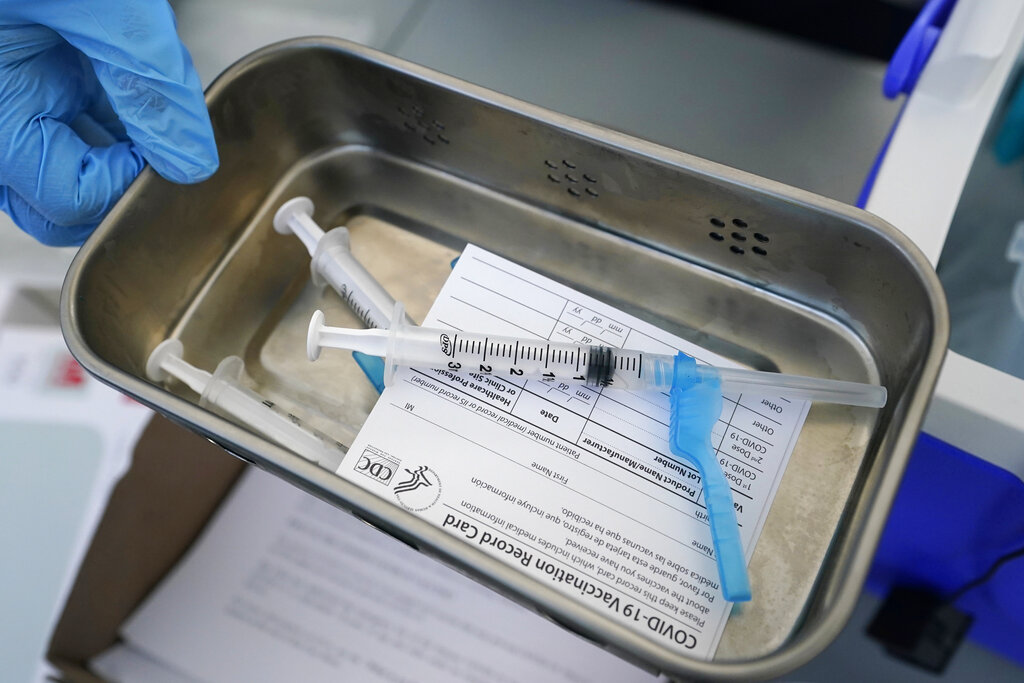That major change to health and safety policy, which was announced Jan. 8, has been denounced as dangerous for patients, Fox News reported.
"Allowing employers to bring back workers who may still be infectious is one of the worst ideas I have heard during this pandemic, and that’s really saying something," a union representative told Fox.
The controversial policy also comes after two years of hysterical-like fear over catching the virus swept the country. Among the states, California was infamous for its strict rules that shut schools and crushed businesses in the name of protecting the public at all costs.
Dr. Jane Orient, who is with the Association of American Physicians and Surgeons (AAPS), tells American Family News it appears the California Dept. of Public Health is just making up rules now.
"Whether it's unreasonable to expect someone who is asymptomatic to come back to work is a good question," she says. "I think that, really, it isn't [because] people, even if they have COVID, are not able to transmit it after about five days or so."

The guidance, which is in effect until Feb. 1, comes as the fast-moving Omicron variant has hit the country hard, including hospitals and their emergency rooms.
California, ironically, informed health care workers last year they must get vaccinated or face termination, and some hospital systems have fired literally thousands of employees who refused The Jab.
Orient says a positive test for COVID may be “perfectly meaningless” because there are numerous unknown factors.
"It depends on the type of test. It depends on how symptomatic the person is,” she advises. “It depends on the prevalence of disease in the people that you're testing.”







